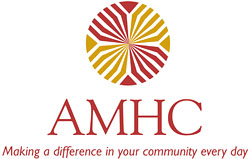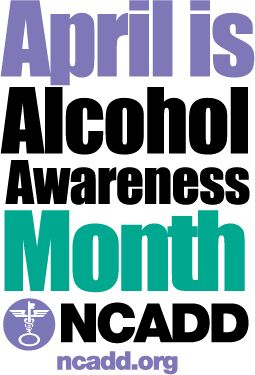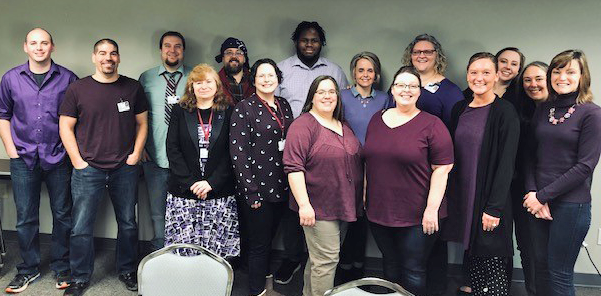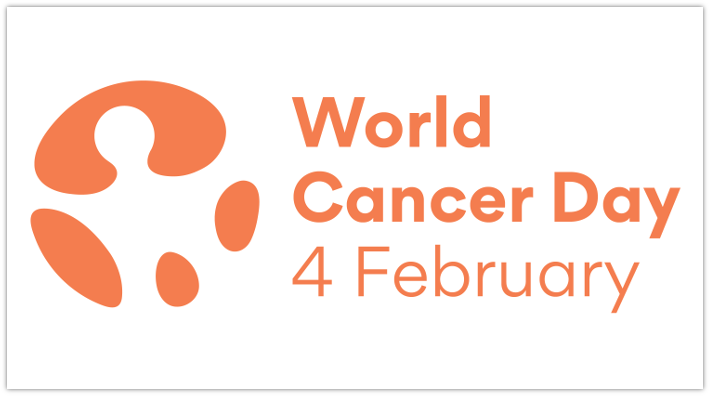May is Mental Health Awareness Month

Millions of Americans are affected by mental health conditions every year. Here are some facts about the prevalence and impact of mental illness.
- Approximately 1 in 5 adults in the U.S.—43.8 million, or 18.5%—experiences mental illness in a given year.
- Approximately 1 in 25 adults in the U.S.—9.8 million, or 4.0%—experiences a serious mental illness in a given year that substantially interferes with or limits one or more major life activities.
- Approximately 1 in 5 youth aged 13–18 (21.4%) experiences a severe mental disorder at some point during their life. For children aged 8–15, the estimate is 13%.
- 1.1% of adults in the U.S. live with schizophrenia.
- 2.6% of adults in the U.S. live with bipolar disorder.
- 6.9% of adults in the U.S.—16 million—had at least one major depressive episode in the past year.
- 18.1% of adults in the U.S. experienced an anxiety disorder such as posttraumatic stress disorder, obsessive-compulsive disorder and specific phobias.
- Among the 20.2 million adults in the U.S. who experienced a substance use disorder, 50.5%—10.2 million adults—had a co-occurring mental illness.
Social Stats
- An estimated 26% of homeless adults staying in shelters live with serious mental illness and an estimated 46% live with severe mental illness and/or substance use disorders.
- Approximately 20% of state prisoners and 21% of local jail prisoners have “a recent history” of a mental health condition.
- 70% of youth in juvenile justice systems have at least one mental health condition and at least 20% live with a serious mental illness.
- Only 41% of adults in the U.S. with a mental health condition received mental health services in the past year. Among adults with a serious mental illness, 62.9% received mental health services in the past year.
- Just over half (50.6%) of children with a mental health condition aged 8-15 received mental health services in the previous year.
- African Americans and Hispanic Americans each use mental health services at about one-half the rate of Caucasian Americans and Asian Americans at about one-third the rate.
- Half of all chronic mental illness begins by age 14; three-quarters by age 24. Despite effective treatment, there are long delays—sometimes decades—between the first appearance of symptoms and when people get help.
Consequences Of Lack Of Treatment
- Serious mental illness costs America $193.2 billion in lost earnings per year.
- Mood disorders, including major depression, dysthymic disorder, and bipolar disorder, are the third most common cause of hospitalization in the U.S. for both youth and adults aged 18–44.
- Individuals living with serious mental illness face an increased risk of having chronic medical conditions. Adults in the U.S. living with serious mental illness die on average 25 years earlier than others, largely due to treatable medical conditions.
- Over one-third (37%) of students with a mental health condition age 14–21 and older who are served by special education drop out—the highest dropout rate of any disability group.
- Suicide is the 10th leading cause of death in the U.S. and the 2nd leading cause of death for people aged 10–34.
- More than 90% of people who die by suicide show symptoms of a mental health condition.
- Each day an estimated 18-22 veterans die by suicide.
What Is Stigma?
People experiencing mental health conditions often face rejection, bullying and even discrimination. This can make their journey to recovery longer and more difficult. Stigma is when someone, or you yourself, views you in a negative way because you have a mental health condition. Some people describe stigma as shame that can be felt as a judgment from someone else or a feeling that is internal, something that confuses feeling bad with being bad.
Navigating life with a mental health condition can be tough, and the isolation, blame, and secrecy that is often encouraged by stigma can create huge challenges to reaching out, getting needed support and living well. Learning how to cope with stigma and how to avoid and address stigma are important for all of us.





 Join AMHC and the National Sleep Foundation in celebrating its annual Sleep Awareness Week, March 10 to 16, 2019. This year’s theme “Begin with Sleep” highlights the importance of good sleep health for individuals to best achieve their personal, family, and professional goals. To calculate how much sleep you need to be the best you can be and articles about good sleep health, sleep problems, and how each affects your lifestyle, visit
Join AMHC and the National Sleep Foundation in celebrating its annual Sleep Awareness Week, March 10 to 16, 2019. This year’s theme “Begin with Sleep” highlights the importance of good sleep health for individuals to best achieve their personal, family, and professional goals. To calculate how much sleep you need to be the best you can be and articles about good sleep health, sleep problems, and how each affects your lifestyle, visit 


You must be logged in to post a comment.